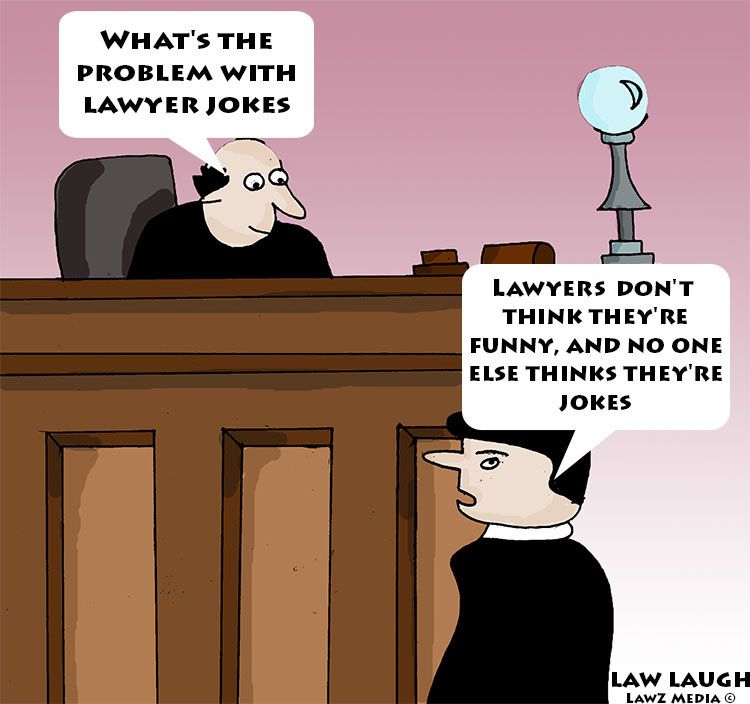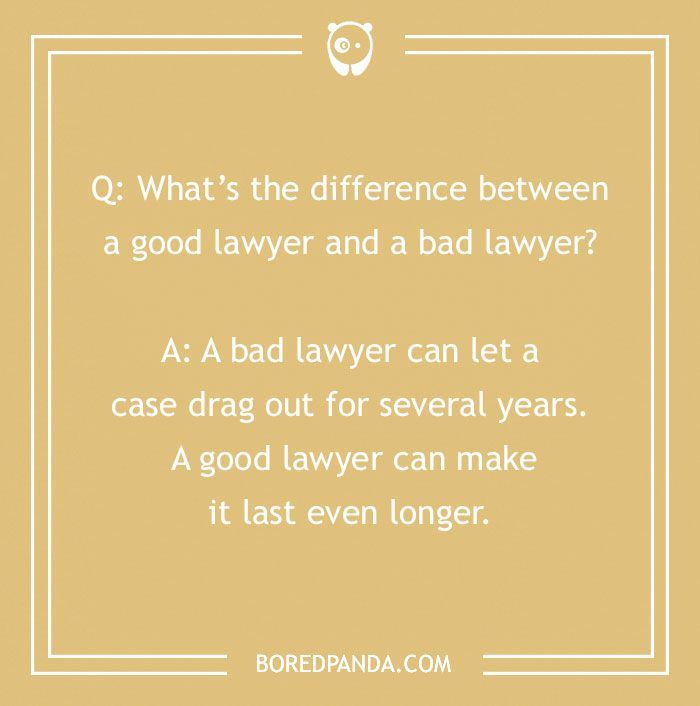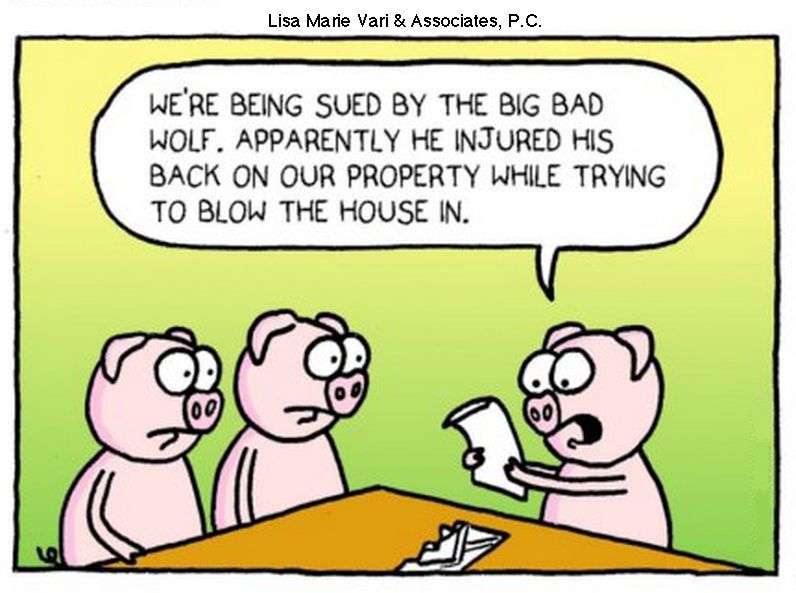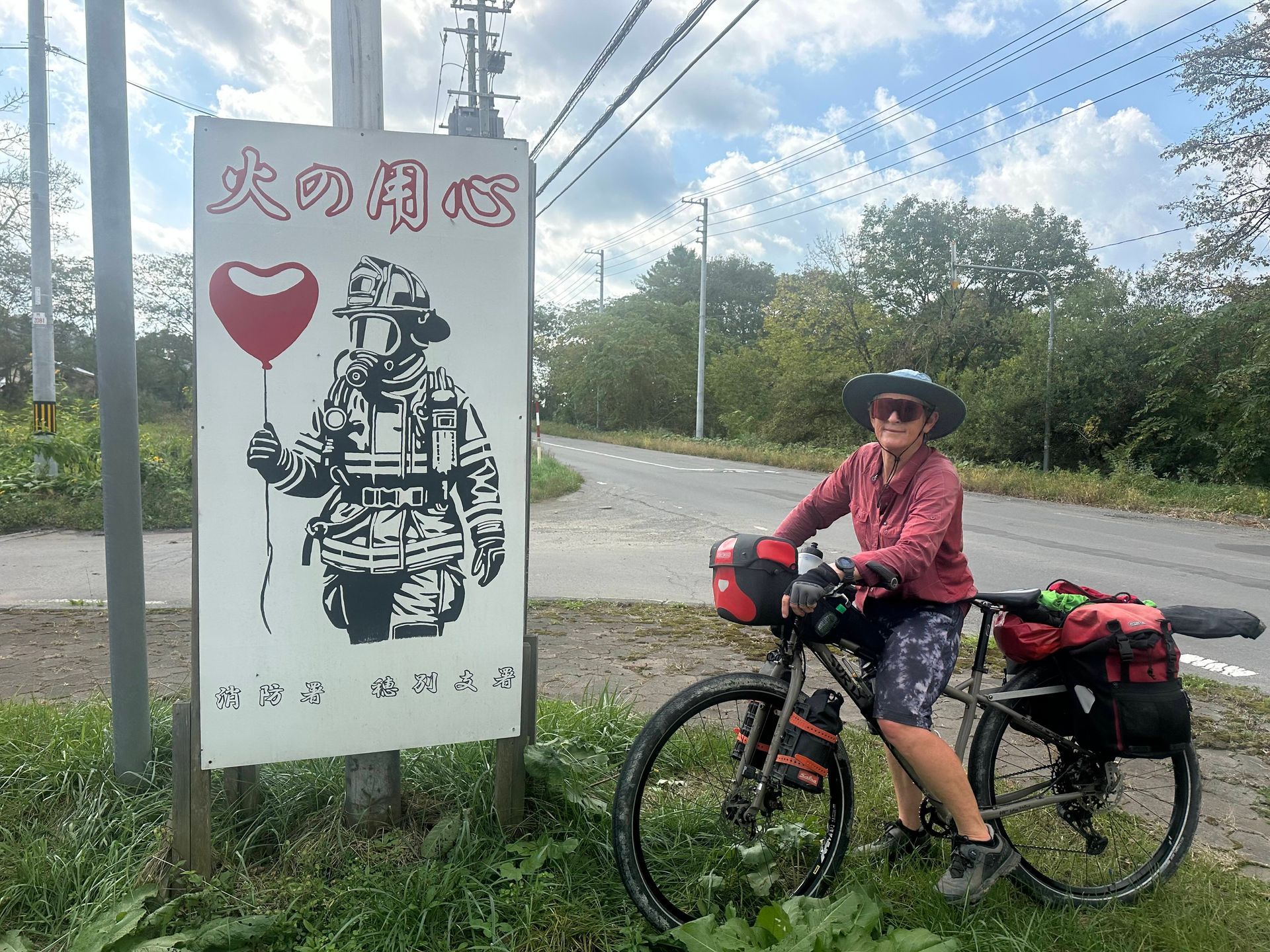Lawyers & Bears
Chris & bear warning sign in Hokkaido
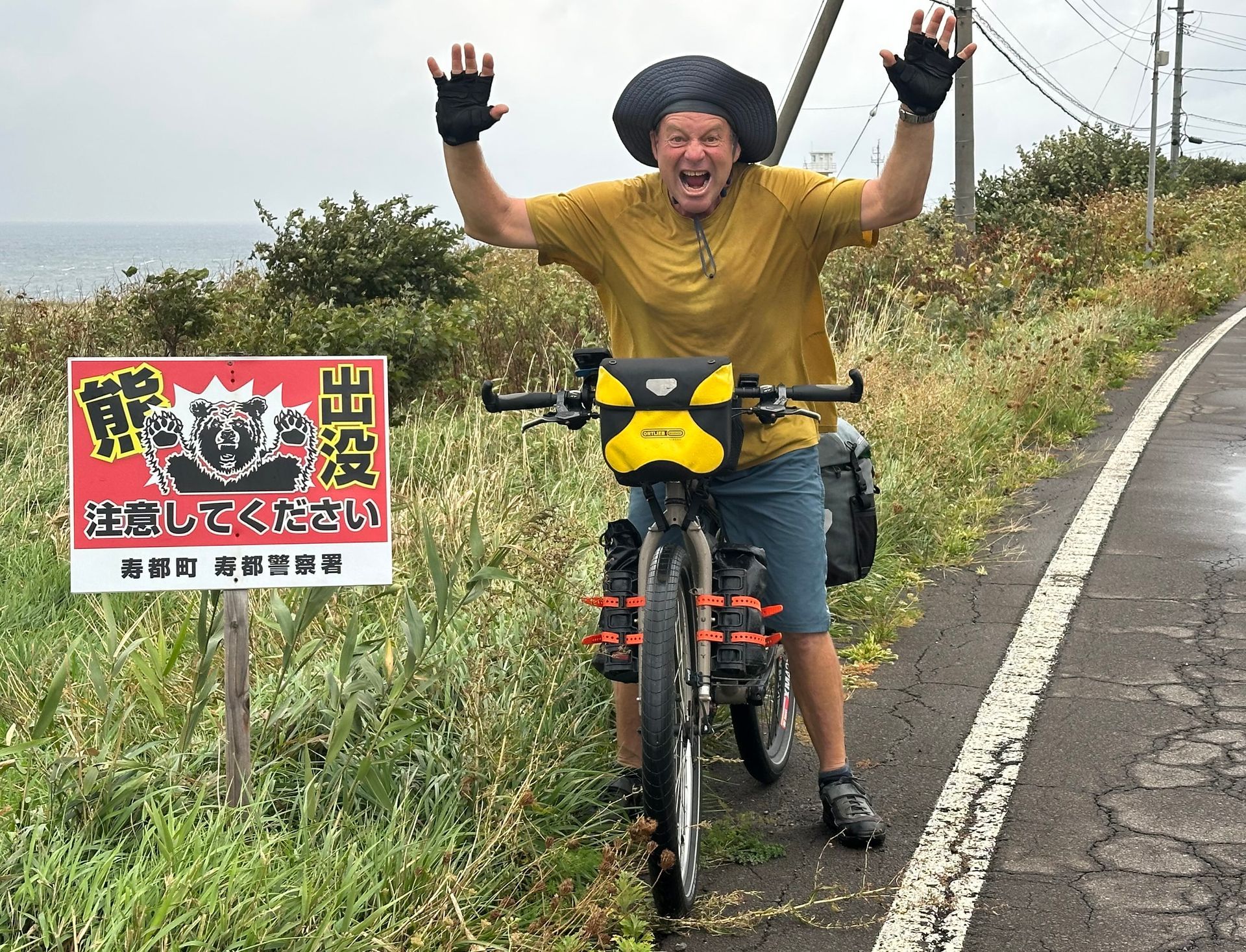
As we cycled around Hokkaido, we really hoped to see a bear. Chris cycled with his head weaving back and forth looking for bears in the bamboo undergrowth. When we stopped in Hidaka, on our way to Sapporo, a motorcyclist rushed up to tell us we should be scared – they’d just seen a small brown bear on their way into town. We got up early the next day and cycled quietly out of town but, no luck, still no bears.
In contrast to our enthusiasm, Japanese people continually expressed fear about bears. There were bear warning signs everywhere and we didn’t need Google Translate to understand them. As I mentioned in an earlier blog, some campsites and many walking tracks were closed because bears had been seen there recently. I searched the internet to see how bad the bear problem is.
In the last week there were 3 fatal bear attacks – a man having his head torn off while picking mushrooms (a click-bait title if I ever saw one, even if true!), a man found with claw marks on his body, a woman killed in the forest while picking mushrooms (looks like picking mushrooms is a bad idea) and one of her friends is still missing, plus a tourist attacked at a bus stop, a hiker dragged into a forest… Media stories say bear attacks are on the rise in Japan, but this infographic does not seem to support that statement. I also compared deaths from bear attacks in Japan and Canada - Canada (41.5 million) has 1/3 the population of Japan (123 million) and there is generally one death a year from a bear attack in Canada compared with 2-5 in Japan. Maybe we were in Japan for a really bad bear week.
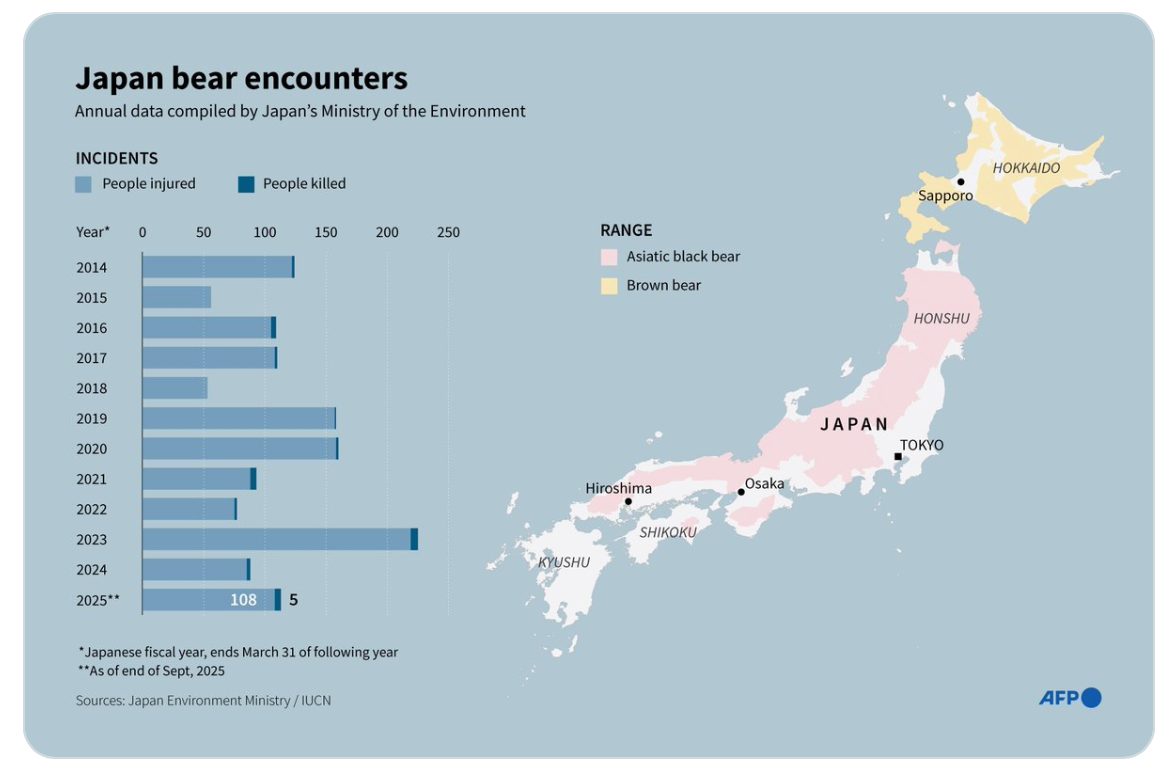
On returning to New Zealand my thoughts were not of bears but lawyers…maybe I’m having a really bad lawyer year. I should explain this lawyer experience is at one remove – I’m not directly involved in any legal matters and nor do I intend to be! One situation is a friend who is involved in a will challenge that has just ended and another is the body corporate in Christchurch of which we are part. I feel like warning pictures of lawyers with their claws out should be posted as frequently as the bear pictures in Japan, because the experience of dealing with the law is plain awful and can be as life destructive as a bear attack.
In regard to the will challenge, the case has finally been dropped after 2.5 years of torturing someone who had done nothing wrong. The case was ill founded from the start and made worse by significant mistakes by lawyers in drafting the will (stating it was unchallengeable, nothing is unchallengeable!), in filing probate (at the wrong time), in providing advice when the will was challenged (to pay up a million dollars to get rid of the case), and in the challenging of the will (not filing in the correct court). In the end, the lead complainant pulled out after likely spending $400,000 while the defendant spent around $150,000. That’s a lot of money for legal fees to achieve nothing other than a ton of grief and heartache, permanently dividing a family.
Looking from the outside, it looked like the legal firm representing the will challenger couldn’t bear to lose and kept going for one and a half years after it was obvious the case had no legs. Or maybe the firm was enjoying the income? Of course it’s easy to criticise from the outside – I have no evidence regarding their real motivations. The only evidence I have is the effect of an ongoing court case on the living partner defending the will.
In the case of of the body corporate, there has been ongoing extremely poor practice by a body corp management company (including not providing contracts for service – a requirement under law – and not providing any evidence to support charges of tens of thousands of dollars). The situation has deteriorated recently, when our body corporate agreed to change management company because of the poor practice. At handover, our existing funds were illegally withheld by the management company on the basis they are a lien on a debt; it is illegal to hold funds that are in trust in this way. However, that hasn’t stopped the management company withholding the money, nor their lawyers defending the management company’s actions.
Our body corp chair has said, “All we have to do is find out the truth!” The chair’s take is that, once we know the truth and show it to others, including the lawyers, the right thing will happen. I hear all the bears in Japan laughing hollowly.
In our legal system, lawyers are not interested in truth. We have an adversarial system where the job of the lawyers is to promote their clients’ interests as strongly as possible. Each side presents its case and the judge, jury or arbitrator is supposed to discover the truth through the clash of arguments. The assumption is that the truth, or at least the fairest result, will emerge through this process. It also works on the principle that 'truth’ is ambiguous so there is a focus on what can be proven rather than some ultimate moral or objective truth.
What the legal system feels like is a process in which the best result will emerge if the participants are punched hard enough, and pay enough money. Haven’t we been trying to stamp out bullying in society? No wonder we can’t do it; we embed bullying in our legal system. Letters sent by lawyers are all about bullying – trying to scare the opposing party into backing down by providing an edited version of the situation that makes their side appear ascendent. There’s an element of cats raising their claws, or snakes raising their heads – a warning before striking. How scary can we look so you will give up rather than fully engage in the fight. But when the letters contain clear untruths, this doesn’t seem like a useful warning, it seems like unjustified attack. Especially when the letter arrives at 4.59pm on a Friday so you can, miserably, think about it all weekend.
Moreover, lawyers are not judged on whether they find the truth, they are judged on whether they win. Clients hire lawyers to win for them. Firms reward outcomes, rather than ethics. My realisation about New Zealand lawyers is akin to my realisation about insurance companies during the Canterbury Earthquakes. You think insurance companies exist to protect you, then you learn they exist to make money.
The adversarial legal system as practiced in NZ, Australia, the UK and the US isn’t the only type of legal system, of course. In France, Germany and the Netherlands, there’s an inquisitorial system, where the court is responsible for discovering the truth and lawyers have more advisory and supportive roles. Lawyers help the judge understand their clients position but lawyers don’t gather the evidence, the judge (or panel or judges) lead an investigation, questioning witnesses, commissioning expert reports and directly reviewing documents. The goal is truth-finding, not contest-winning. Inquisitorial systems have their own flaws, of course. Particularly, judge bias can hugely shape the outcome of a trial.
Scandinavian countries have hybrid systems, mixing adversarial with inquisitorial to create a less combative and more cooperative process with an emphasis on finding a balanced truth. The judge takes an active role but lawyers are allowed to cross-examine and challenge witness, as in adversarial systems.
Knowing there are alternative legal systems allows one to understand the flaws, and the advantages, or our current legal system. However, this knowledge doesn’t make you feel better when many hours of your time are embroiled in a battle where both parties are determined to win with the truth taking a rear seat. And, while there is apparently no doubt our body corporate’s money cannot legally be retained by the body corp management company, because they have retained a lawyer, we have to retain lawyers in a counter move. We have to spend thousands of dollars getting back money that is rightfully ours – one letter from our lawyer has been estimated to cost around $3000, because of the time required for them to get up to speed on our case (learning all the information we already know). So I will have to spend hours this weekend compiling the best document I can for the lawyers, minimising their time learning our case.
It’s enough to make me want to rush back to the Hokkaido bears with open arms.

